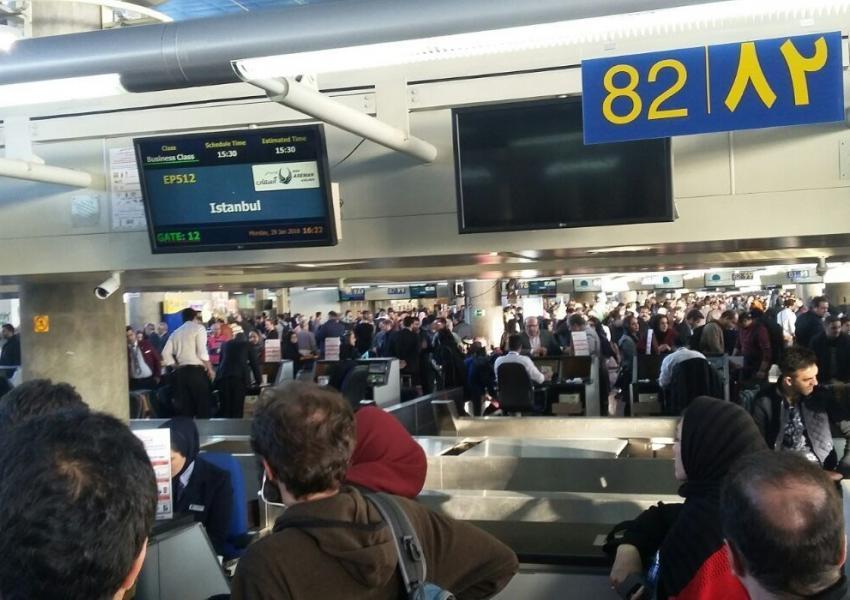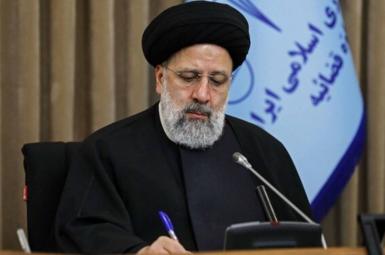
Conservative Website Says Next President Must Tackle Iran’s Brain Drain
In an article headlined "A Note To Future President: 'Everybody's Gone Away'" published on May 27, the moderate conservative Asre Iran website suggested Iran's next president, to be elected June 18, should tackle the flight of human capital. "The crisis will enter a new phase if the future president does not take measures [to stop] brain drain," the article warned, adding that the export of human capital could reach the levels of Syria, Iraq, and Afghanistan.
"Do Not make people face the dilemma of whether they should stay or go," the article said. "Many Iranian families have members or relatives who have emigrated and many who have stayed wish to leave the country and struggle with the hard question of whether or not to go."
Observers say the brain drain in the past few decades, beginning with the 1980-88 war with Iraq, has been encouraged by lack of social freedoms in the clerical-dominated system, political upheavals, deterioration of the economy, and government repression. Increased pressure on Iran since United States president Donald Trump imposed ‘maximum pressure’ sanctions in 2018 is also cited as a cause of brain drain. The health sector has been particularly badly hit.
The economy has suffered tremendous damage since 2018, similar to setbacks during the Iran-Iraq war and revolutionary nationalizations of the 1980s.
The damage to the country's economy from the flight of human capital was put at $150 billion annually by science minister Reza Faraji Dana in 2014, which would be 35 percent of GDP. The World Bank more recently estimated $50 billion.
An International Monetary Fund (IMF) report in 2009, the year of a disputed presidential election and street protests, listed Iran at the top of countries losing their academic elite with 150,000 to 180,000 specialists leaving.
Iran does not publish regular statistics on the subject, but some officials occasionally cite relevant figures in media interviews. On April 28, the Secretary of Iran's Supreme Cultural Revolution Council, Saeed-Reza Ameli, said 54,000 Iranians are currently studying for a degree abroad. A general issue globally with ‘brain drain’ is students find better opportunities in richer countries where they study - and according to Ameli, Iranians were the 13th largest foreign nationality studying in the US and the fourth largest among doctoral students.
Ameli also said 75 percent of the 1,000 students with highest marks in Iran’s university entrance examinations were still living in Iran, although he did not cite the period he was referring to. He noted that "the enemies of the Islamic Revolution are hunting for our elite."









